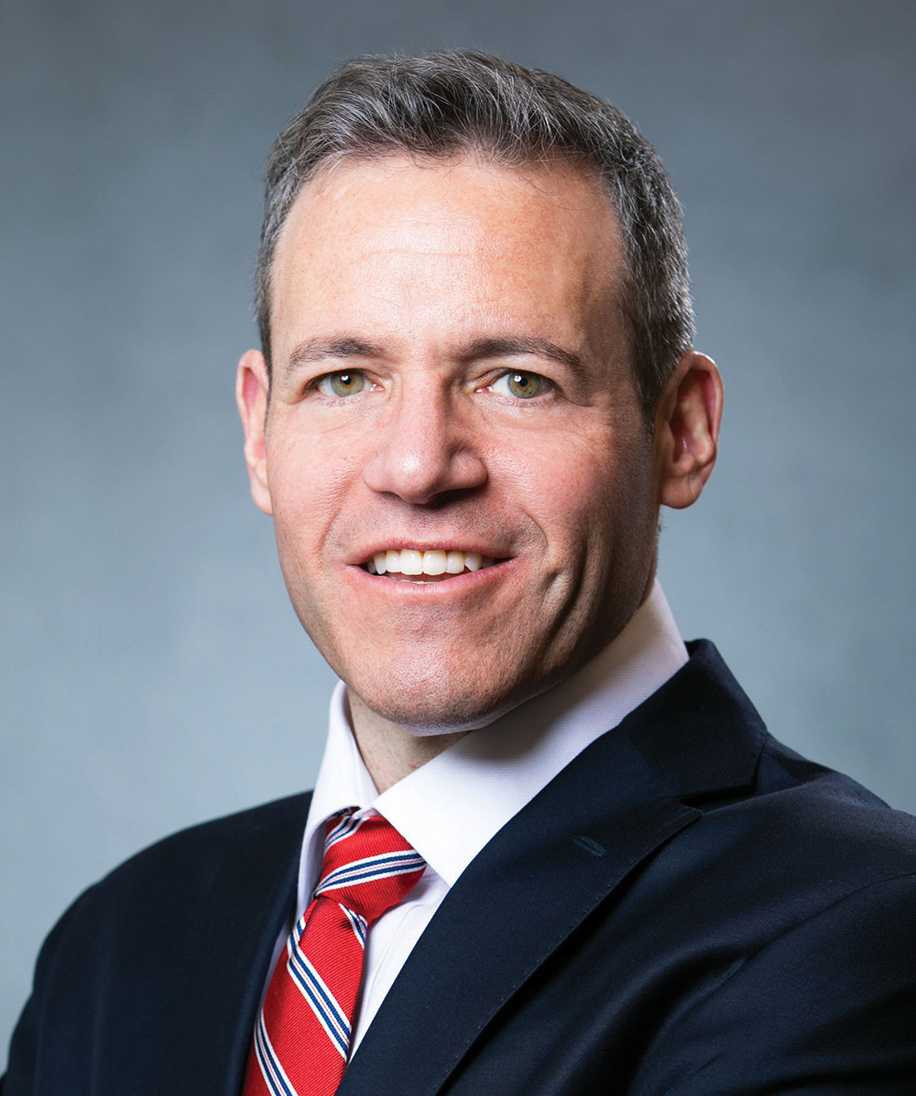Client Alert
PTO's Proposed Rules for Supplemental Examination Draw Sharp Criticism
March 29, 2012
BY BRUCE M. WEXLER & KATHERINE O'BRIEN
Previously we released an alert discussing Congresss enactment of the "supplemental examination" provision of the America Invents Act, which provides a method by which patentees may proactively disclose information to the PTO post-issuance to immunize the patent against a potential future charge of inequitable conduct based on that information. Read the previous Stay Current here.
In accordance with its duty to implement this provision, the PTO issued proposed regulations which were open for public comment through March 26, 2012. See PTO page regarding proposed regulations here.
Although the PTO's website has not yet posted the substantive comments that were submitted, several are now available directly from the sources. In this alert, we briefly set forth important aspects of these recent comments, providing links to the documents themselves.
On March 21, Paul Hastings submitted comments and proposed amendments to the rules on behalf of our clients Eisai Co. Ltd. and Eisai Inc.. See Eisai's comments here. We understand that, on March 23, the Intellectual Property Owners Association ("IPO") submitted comments, and, on March 26, the American Intellectual Property Law Association ("AIPLA"), the Pharmaceutical Research and Manufacturers of America ("PhRMA"), and the Electronic Frontier Foundation submitted comments. See IPO's comments here, AIPLA's comments here, PhRMA's comments here, and EFF's comments here.
The comments address the following key issues:
Amount of disclosure required for the submission: Eisai explains that the PTOs requirement of a detailed description of relevance of the information and the patentability issues it raises will likely prevent patentees from using the procedure entirely, effectively requiring the patentee to attack its own patent, expose its thoughts about the potential for future inequitable conduct charges and create a risk of future inequitable conduct charges based on misstatements in the supplemental examination. The IPO, AIPLA, and PhRMA comments are in agreement. Eisai and PhRMA both note that the proposed rules seem to be in conflict with the intent of the America Invents Act.
Timing Issues: To immunize the patent from inequitable conduct, the supplemental examination must be competed before a patent challenge is made. 35 U.S.C. § 257(c)(2). The PTOs rules decline to afford a filing date if the PTO finds that the submission is in any way incomplete. Eisai, IPO, AIPLA, and PhRMA argue that the combination of the onerous requirements for submission and the lack of certainty as to whether the filing will be accepted creates unmanageable risk for patentees because they cannot estimate when a supplemental examination might be completed in time for immunity to occur. Eisai, IPO, AIPLA, and PhRMA also suggest that patent owners be given something like conditional filing dates as of the dates of their original requests for supplemental examination so as not to lose the statute's protection against inequitable conduct allegations.
Fees and the limitation of 10 items of information per submission: The implementation provisions provide that if a patentee wants to have more than 10 items of information considered in supplemental examination, the patentee must pay another separate supplemental examination fee. The IPO and EFF believe the fees are excessive, and AIPLA and PhRMA believe that the number of items should not be limited in that way.
Eisai and IPO also suggest changes to the proposed rules that would alleviate some of the problems commented upon.
Contributors
